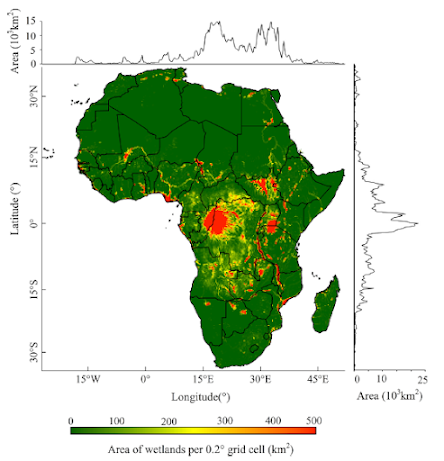Water and Food in Africa: Concluding Thoughts
Through this blog, the complex topic of water and food has been explored. A key takeaway from each post can be identified. Water in Africa is extremely variable. Groundwater needs to be further studied as a key source of water for agriculture. Previous management failures need to be acknowledged and improved upon. The green revolution is happening and has great potential. New technologies need to be locally adapted and equitable outcomes are important. Wetland environments are extremely productive and need to be maintained. Overall, there is no clear and simple solution to ending hunger in Africa. With only eight years to meet SDG 2 quick and effective change is essential. This will only likely be achieved through a mix of development approaches that are transparent and involve the maximum amount of participation. Ultimately, these few blog posts have barely scraped the surface of this topic.


